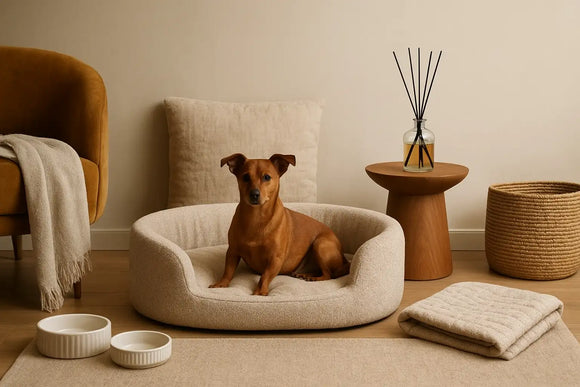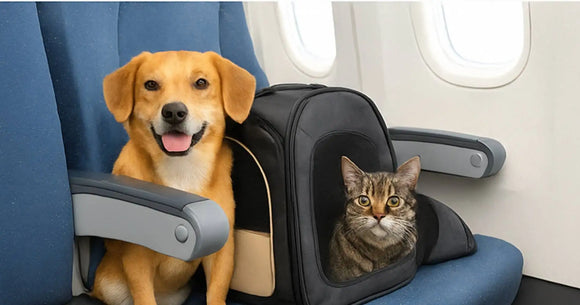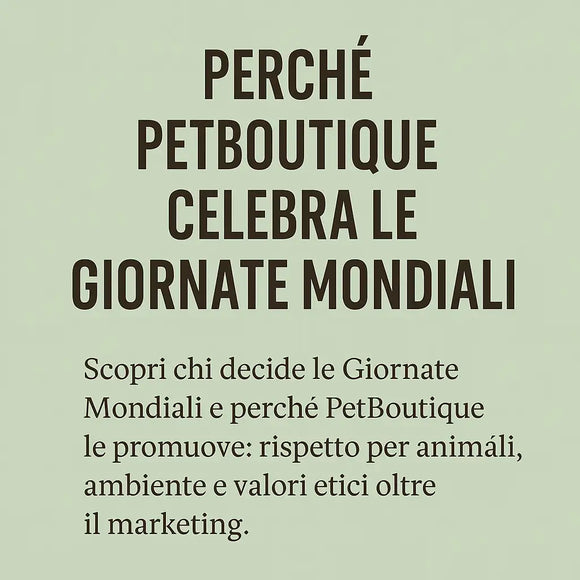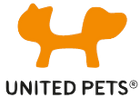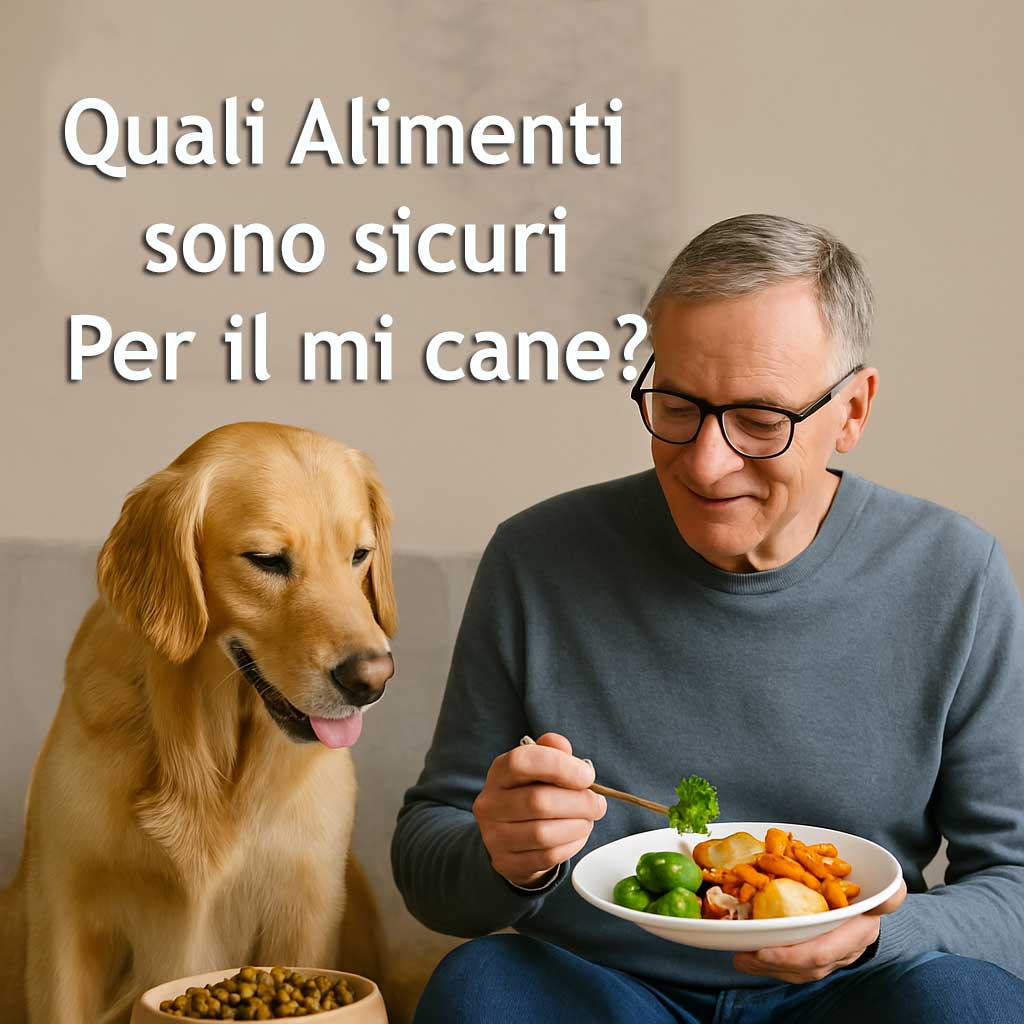
Can I give my dog what I eat? Find out what is safe and what is forbidden.
Adelchi Rainone
Many dog owners wonder if they can share their food with their four-legged friend. While some human foods are safe and even beneficial for dogs, others can be dangerous and cause serious health problems. Let's take a look together at which foods can be included in their diet and which ones should absolutely be avoided.
The safe foods for the dog
A study from the University of Helsinki has highlighted that a diet based on fresh, unprocessed foods can reduce the risk of gastrointestinal problems in adult dogs. Some human foods can therefore be a great addition to their diet:
-
Raw red meat and offal
-
Cooked or raw fish (except for some exceptions like raw salmon that has not been frozen)
-
Egg
-
Vegetables and berries (carrots, zucchini, spinach, blueberries, etc.)
-
Cooked potatoes (crueler!)
-
Rice and whole grains
-
Yogurt and cheese (only if the dog is not lactose intolerant)
However, even with safe foods, it is important to moderate portions to avoid nutritional imbalances or overweight.
The foods to absolutely avoid
'Not all human foods are suitable for dogs, and some can be extremely toxic. Among the most dangerous are:'
-
Chocolate (contains theobromine, highly toxic to dogs)
-
Garlic and onion (can cause anemia and damage to red blood cells)
-
Grapes and raisins (can cause kidney failure)
-
Xylitol (a sweetener found in chewing gums and candies, highly toxic)
-
Alcohol and caffeine (can damage the nervous system)
-
Macadamia nuts (can cause weakness, vomiting, and hypothermia)
-
Unripe olives and shoots (they can be difficult to digest and toxic)
Kibble and wet food: quality makes the difference
Many owners choose to feed their dog with kibble and wet food, but not all products on the market are the same. It is essential to choose foods that are high quality, made with human grade ingredients, or suitable for human consumption, and free from harmful artificial additives, colorants, or preservatives.
Bewaring against excessively cheap supermarket products is essential: they often contain low-quality by-products, animal meals, and an excessive amount of refined grains that can compromise the dog's long-term health. Choosing premium foods ensures that your four-legged friend has a balanced diet, rich in high-quality proteins, healthy fats, and natural ingredients, promoting overall well-being and longevity.
Conclusion
Giving your dog table scraps is not necessarily harmful, as long as you know what is safe and what is prohibited. A balanced and appropriate diet is essential for their health and well-being. If you have doubts about your dog's proper nutrition or suspect they have ingested something toxic, consult the veterinarian immediately.
